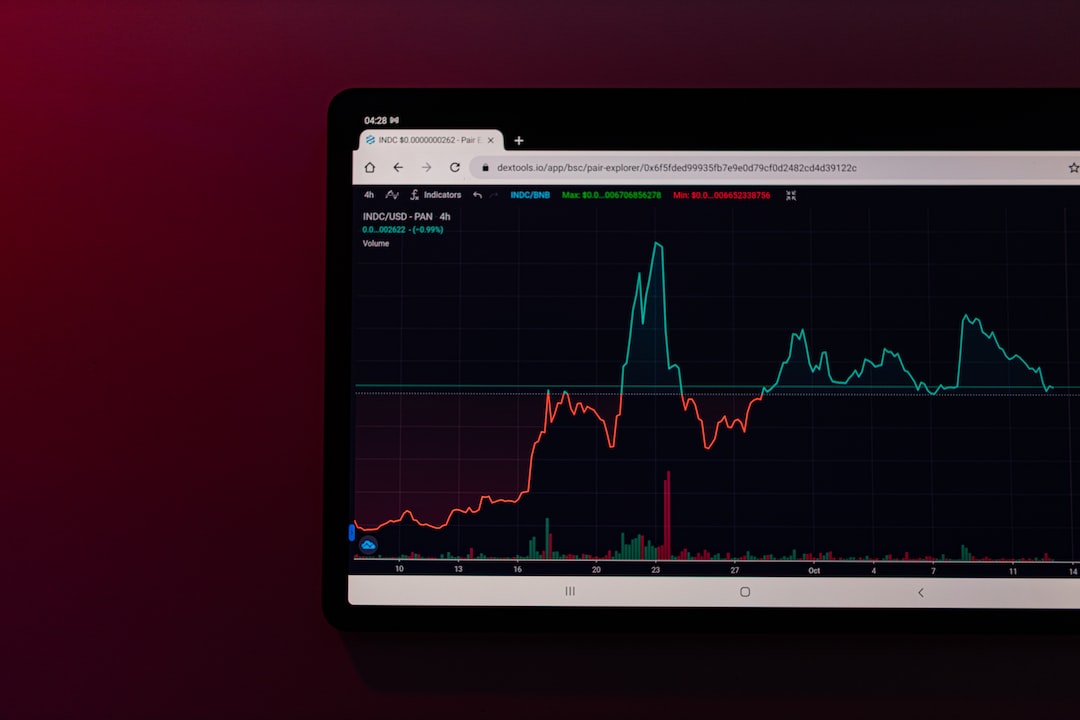Bitcoin Advocates Discuss the Leading Blockchains and Transfer Fees
Blockchain networks often impose transfer fees to incentivize miners or validators to validate transactions and ensure network security. These fees also prevent spam, prioritize transactions, and align with each blockchain’s economic policies based on its consensus guidelines.
In the Bitcoin community, miners receive fees associated with the blocks they discover. Some argue that Bitcoin may need to increase its fees to maintain security as it undergoes multiple halvings. However, if there is a surge in user adoption and peer-to-peer interactions, fees could potentially be reduced, assuming the network can handle the increased demand.
Comparing Bitcoin and Ethereum Fees
Recent discussions in the crypto community have focused on the fees of BTC and ETH, particularly as data shows that ETH validators earn significantly more than BTC miners. According to archived stats from cryptofees.info, ETH validators earned around $3.54 million in fees in the past week, while BTC miners only earned $694,632. However, two years ago, Bitcoin ranked sixth in terms of fees. During the week of September 27, 2021, ETH’s fees were 44.1 times higher than BTC’s. Currently, BTC ranks second in seven-day fees behind Uniswap, but fees contribute only 2.13% of BTC miners’ revenue.
Perspectives on the Fee Comparison
The discrepancy in fees between Bitcoin and Ethereum sparked debates among crypto enthusiasts. Some argue that Bitcoin is more efficient at value transfer, while others believe Ethereum is currently the top cryptocurrency. Skepticism was raised about the fee comparison, with some suggesting that comparing Bitcoin to centralized entities like Apple and Visa is misleading. Ethereum advocates defended high fees as a sign of the blockchain’s strength in supporting smart contracts. Others pointed out that miner incentives can be influenced by external factors, such as the profitability of other cryptocurrencies with the same mining algorithm.
Hot Take
The discussion surrounding Bitcoin and Ethereum fees highlights the ongoing debates within the crypto community. While Ethereum currently earns higher fees, Bitcoin’s efficiency in value transfer remains a point of contention. The future of fees in both blockchains will likely depend on factors such as adoption, scalability, and the overall crypto market landscape.





 By
By
 By
By
 By
By
 By
By
 By
By